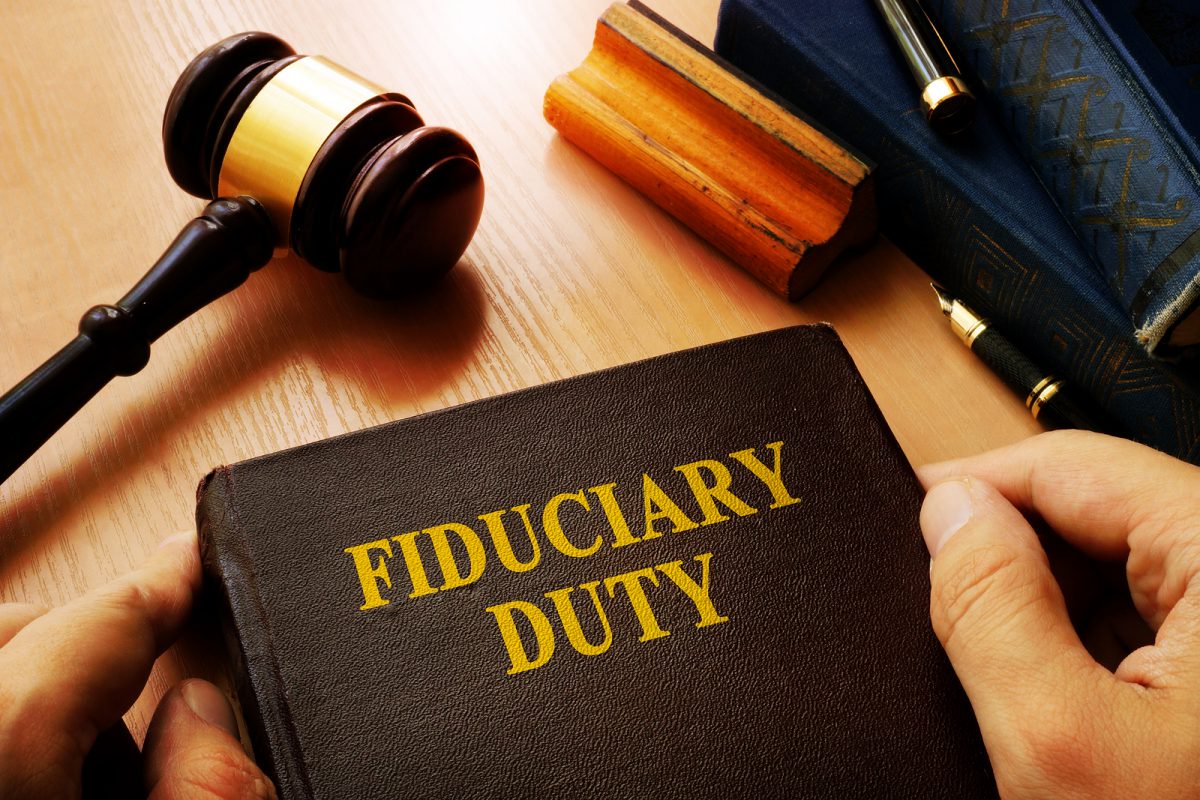If someone cannot manage their own affairs due to mental or physical limitations, they may become a “ward” of the state, meaning the government takes responsibility for their care and wellbeing. In this instance, the state will appoint a conservator to make decisions on behalf of the ward, including sensitive financial and potentially also medical decisions. The ward’s family typically appoints the conservator, but in some instances the state may appoint someone. In either case, the person nominated must obtain a conservatorship bond before being officially appointed. If you find yourself involved with this process, this blog outlines 5 things you need to know upfront:
1 – What is a Conservatorship Bond?
A conservatorship bond protects the ward should the conservator prove derelict in his or her duties. For example, if the conservator violates their fiduciary duty to responsibly manage the ward’s finances, the bond provides a way for the ward’s family to pursue justice and financial compensation. They have the right to file a claim against the bond seeking damages equal to the cost of the damage done by the conservator. The conservator who holds the bond has financial responsibility for all claims, but if he or she doesn’t pay, the company that issued the bond guarantees payment and the conservator pays them back. By holding conservators accountable for their actions, bonds discourage reckless and unethical behavior in a delicate relationship that demands trust and transparency.
2 – How does a Conservatorship Bond work?
The best way to illustrate how conservatorship bonds work is to break down the three parties involved in surety bonds:
- Principal – The conservator responsible for obtaining the bond and for settling any claims filed against the bond.
- Obligee – The ward and their family, who have a right to file a claim against the bond if they believe the conservator hasn’t fulfilled their responsibilities.
- Surety – The company that issues the bond to the principal and pays claims to the obligee. Upon receiving a claim, the surety investigates whether it’s true and pays for valid claims the principal does not. If the surety does pay, however, the principal must pay that amount back in full with interest and costs added.
Courts require conservatorship bonds before letting someone serve in this capacity, but the bonds only really come into play if the conservator neglects their responsibilities. As long as the conservatory meets all their financial, legal, and ethical requirements, however, the obligee won’t file a claim, and even if they do, the surety will not honor unmerited claims.
3 – How much does an Conservatorship Bond cost?
Costs vary by situation. The courts decide how large the conservatorship bond must be based on the approximate assets of the ward. So if the ward has $500,000 in assets, the bond will be worth a similar amount in case the conservator somehow squanders everything. The court assigns the amount, but the surety determines the cost based on the credit score and financial history of the conservator seeking a bond. Costs are typically a small percentage of the total bond value, so a half million dollar bond may carry a premium that’s only in the thousands.
4 – Who needs a Conservatorship Bond?
Usually, anyone serving as a conservator needs to obtain a bond first. The courts set the bond requirement, and given the sensitive nature of the work conservators do and the high-risk of fraud and other misbehaviors, bonds act as an important safeguard that helps all parties involved feel more confident about putting one person’s wellbeing in the hands of another. Anyone required to get a conservatorship bond should seek one out immediately since the relationship cannot be formalized without one.
5 – How to obtain a Conservatorship Bond?
It involves a simple application process. The conservator submits a standard bond application, a copy of the court order calling for the bond and detailing the requirements, a schedule of the ward’s assets, and likely a financial statement from the conservator – along with any other information the surety requests. Underwriters then use this information to evaluate the applicant’s credit risk. Underwriters are trying to determine the potential for claims to get filed against the bond and the ability of the principal to pay for those claims. The surety will then offer a quote for the premium price. After paying to activate the bond, the conservator receives a document of proof for the court.
Viking Bond Service – Full-Service Conservatorship Bonds
When you need the best bond available in as little time as possible, rely on Viking Bond Service – a nationwide surety brokerage. We can get you a quote within 48 hours, even if you have less-than stellar credit. Find out how much a conservatorship bond could cost by submitting your application today! Or contact our team for more information using the form on this page or by calling 1-888-278-7389.


